Elephant conservation is the focus of World Elephant Day 2020, and we would like to take this opportunity to highlight some of the projects Wilderness is involved in across Africa, as well as a few of our camps where you can learn more about these magnificent animals.
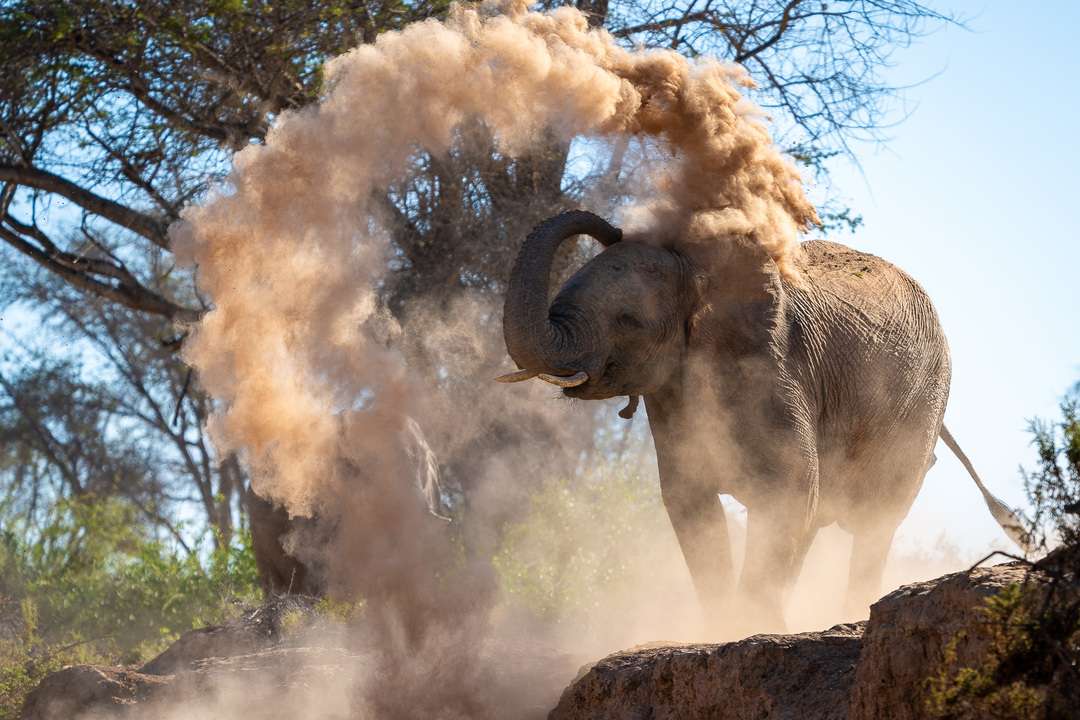
Hwange Elephant Movement Study
It is essential that we learn more about elephant movements and habitat use in order to gain a better understanding of their impact on ecosystems. Previous studies have emphasised the role of water in constraining elephant ecology, while habitat preferences are reasonably well understood. However, little is known about the ways in which elephant competition influences use of waterholes and habitat. This is critical in order to better understand and predict elephant dynamics, particularly in areas with high-density populations, such as Hwange National Park.
Read more here.
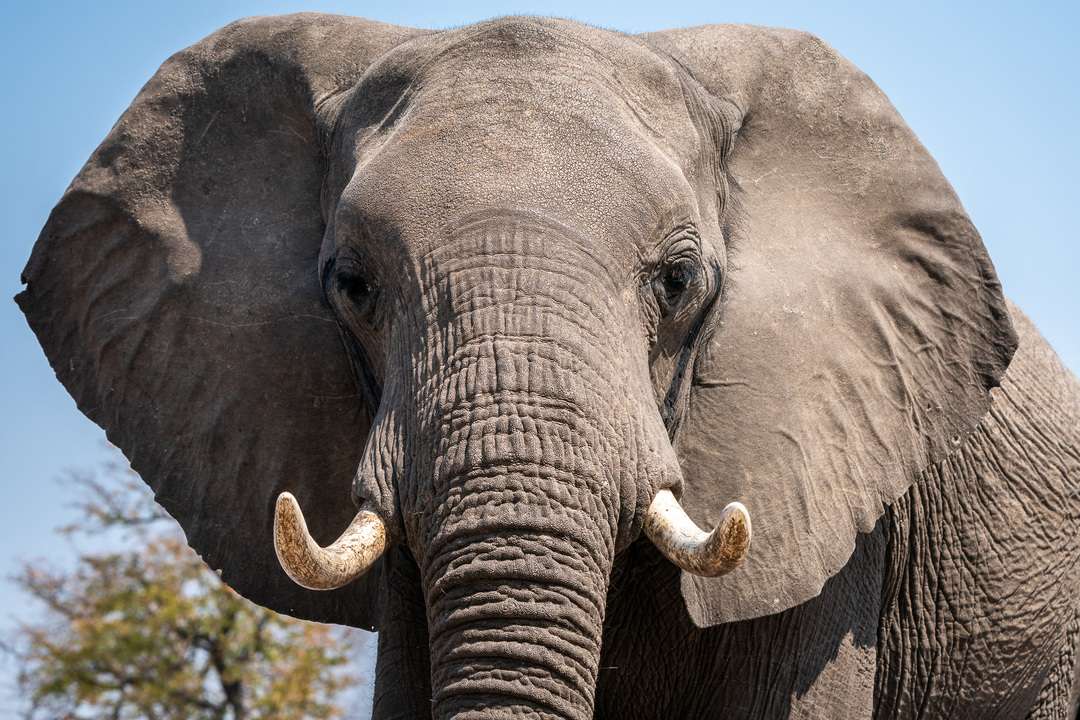
Hanging out with Elephants at Little Makalolo
Little Makalolo lies in the heart of one of the best game viewing areas in Hwange National Park. Overlooking a vibrant waterhole, it offers privacy for guests who enjoy small camps and a sense of remoteness. Here a false mopane tree in the centre of the camp shades a separate dining and living area with an open fire deck for those convivial evening fireside tales under the stars. A raised pool deck, which also shelters the bar and breakfast ‘room’, offers an ever-changing view of the waterhole in front of camp.
Little Makalolo is famous for its log pile hide, where many guests enjoy a peaceful afternoon in the presence of the many beautiful elephants which frequent the waterhole in front of camp. Zimbabwean Graham Simmonds recounts a memorable experience watching these great mammals one dusty afternoon in Hwange. “It is soon apparent that everything gives way to the elephants. The zebra wait, the sable watch, and even the lion keep their distance when it’s the elephant who want to drink”. Read more here.
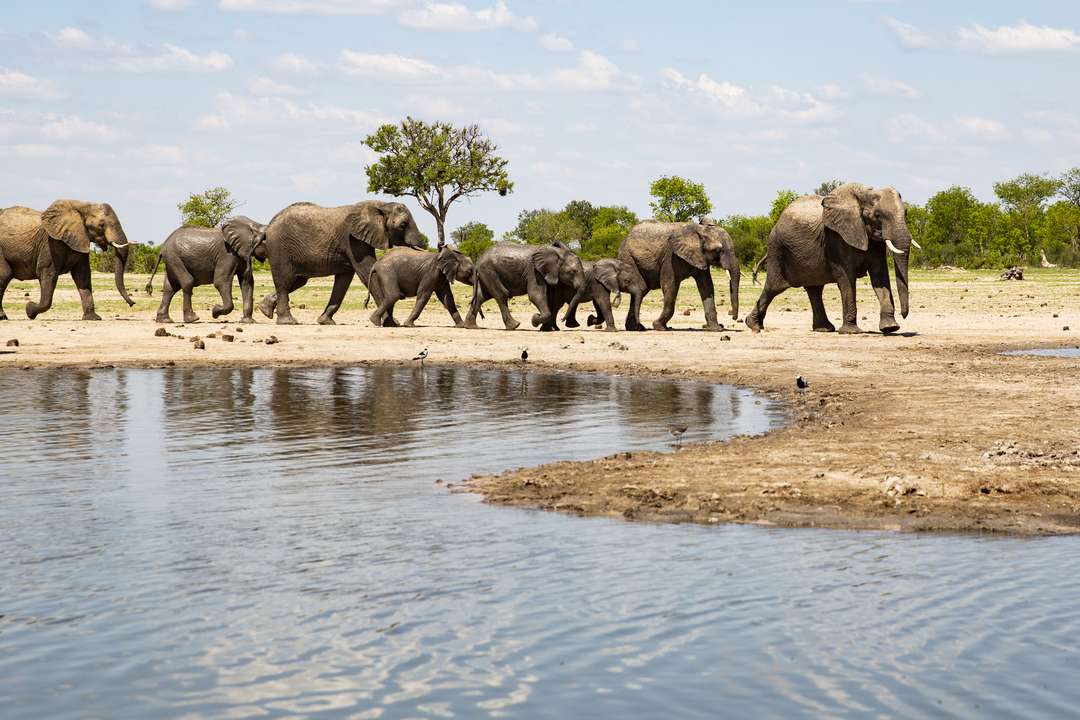
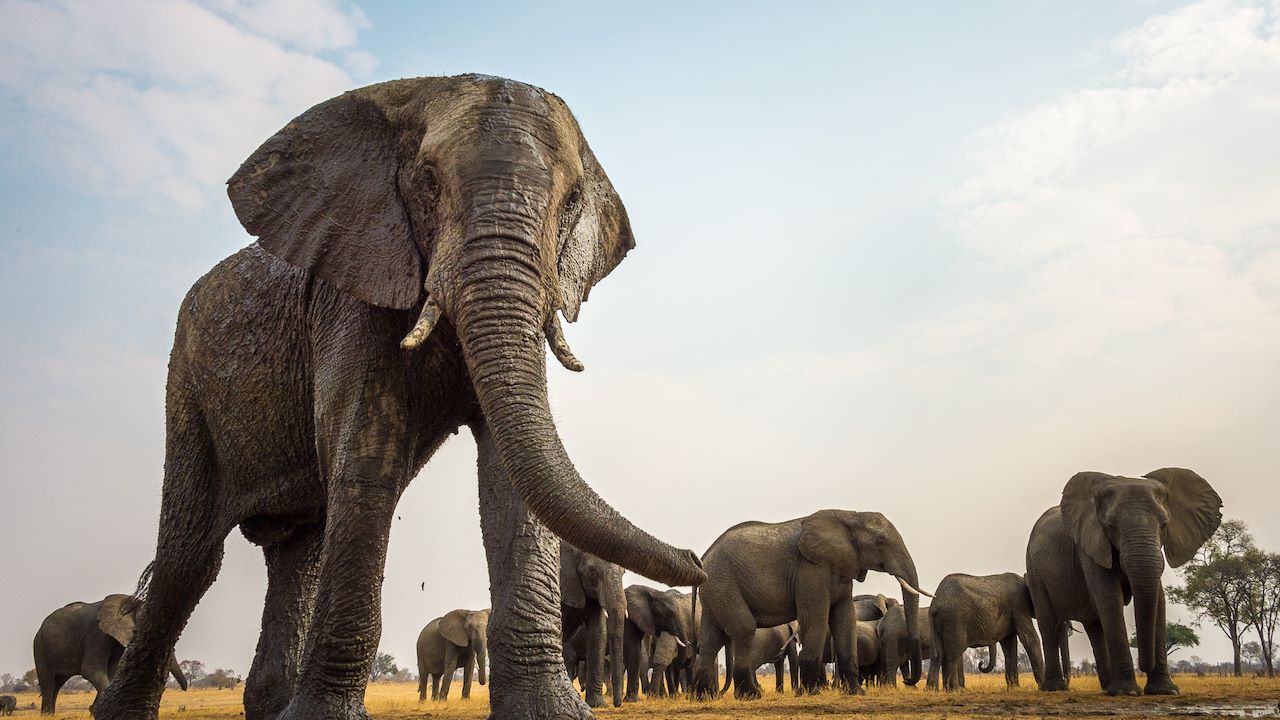
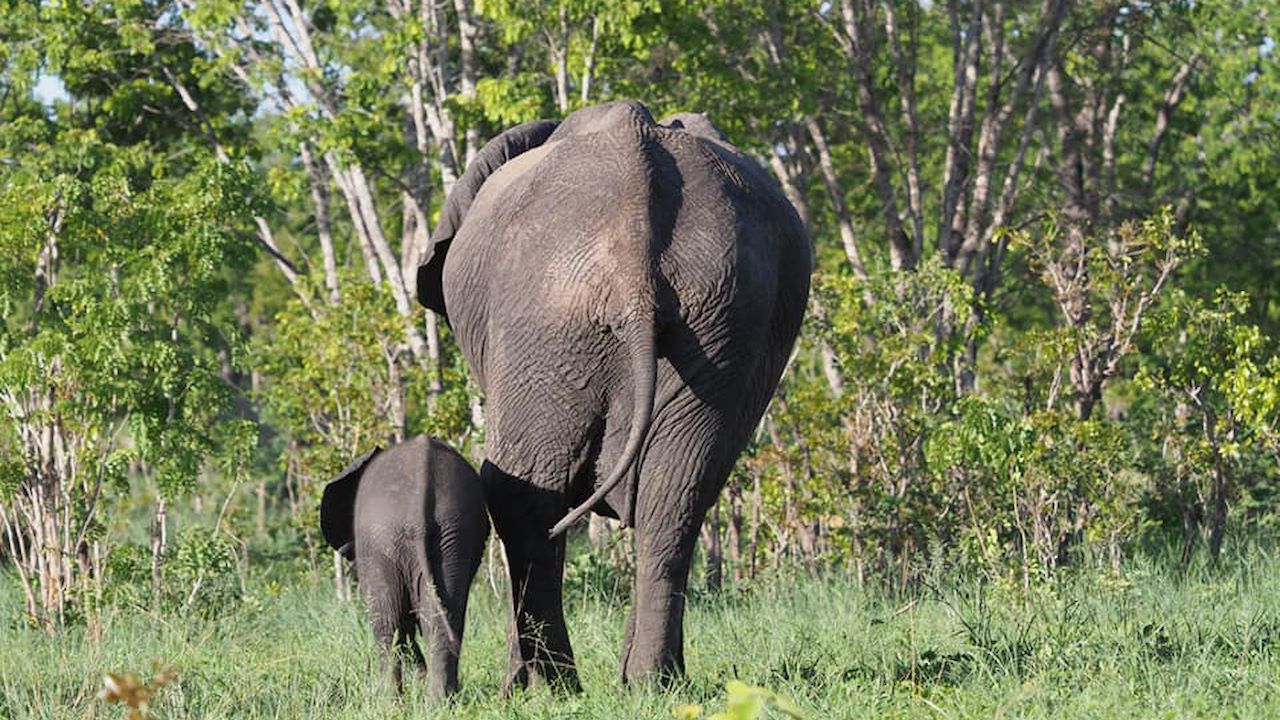


Namibia Desert Elephant Conservation
Desert Elephant Conservation is a collaboration between scientists, a Namibian NGO (Integrated Rural Development and Nature Conservation), and community members to reduce human-elephant conflict, and foster a greater understanding and appreciation of the desert-adapted elephants of Namibia. The project is founded on scientific research that spans four decades and builds on the community-based natural resource management programme that is a cornerstone of conservation in Namibia.
Learn more here .
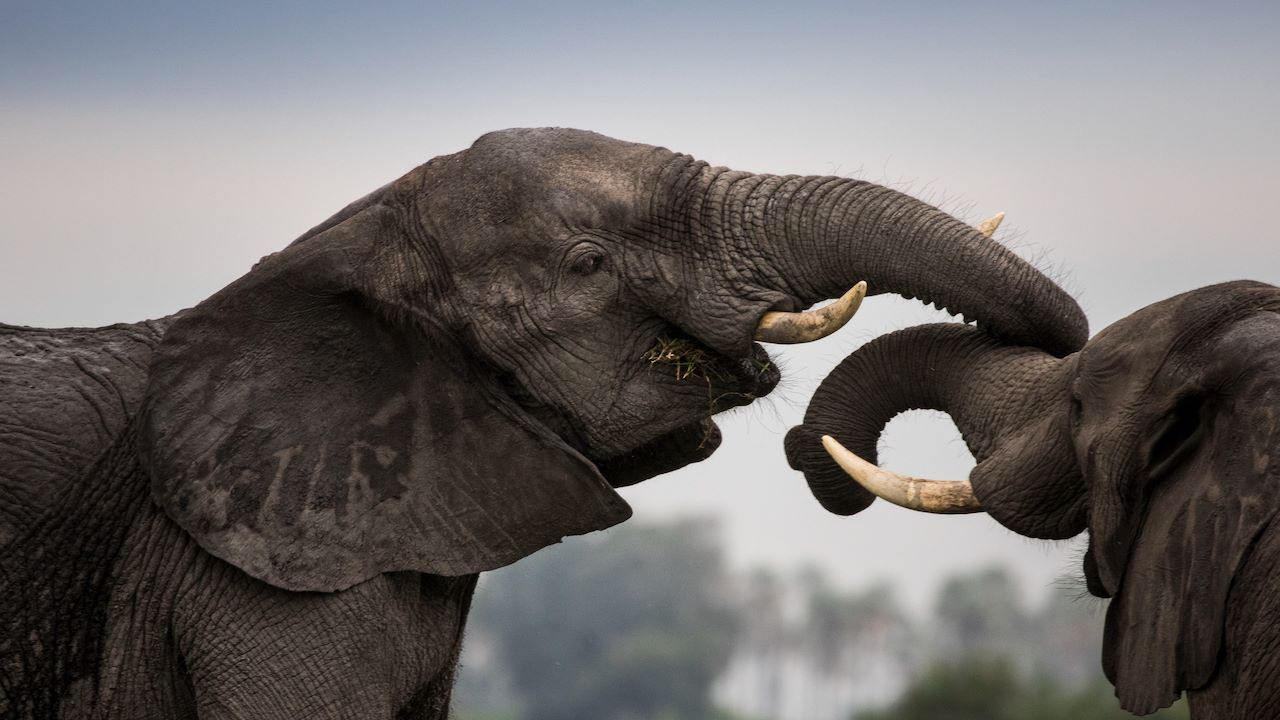
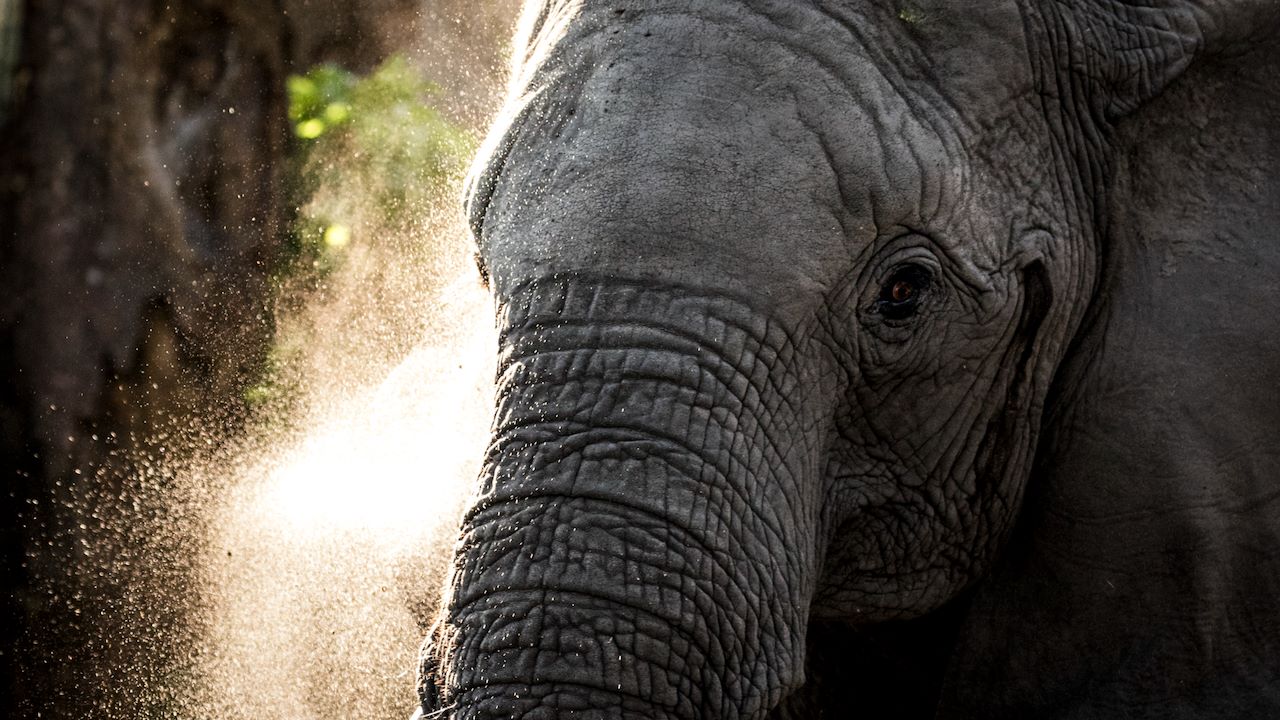
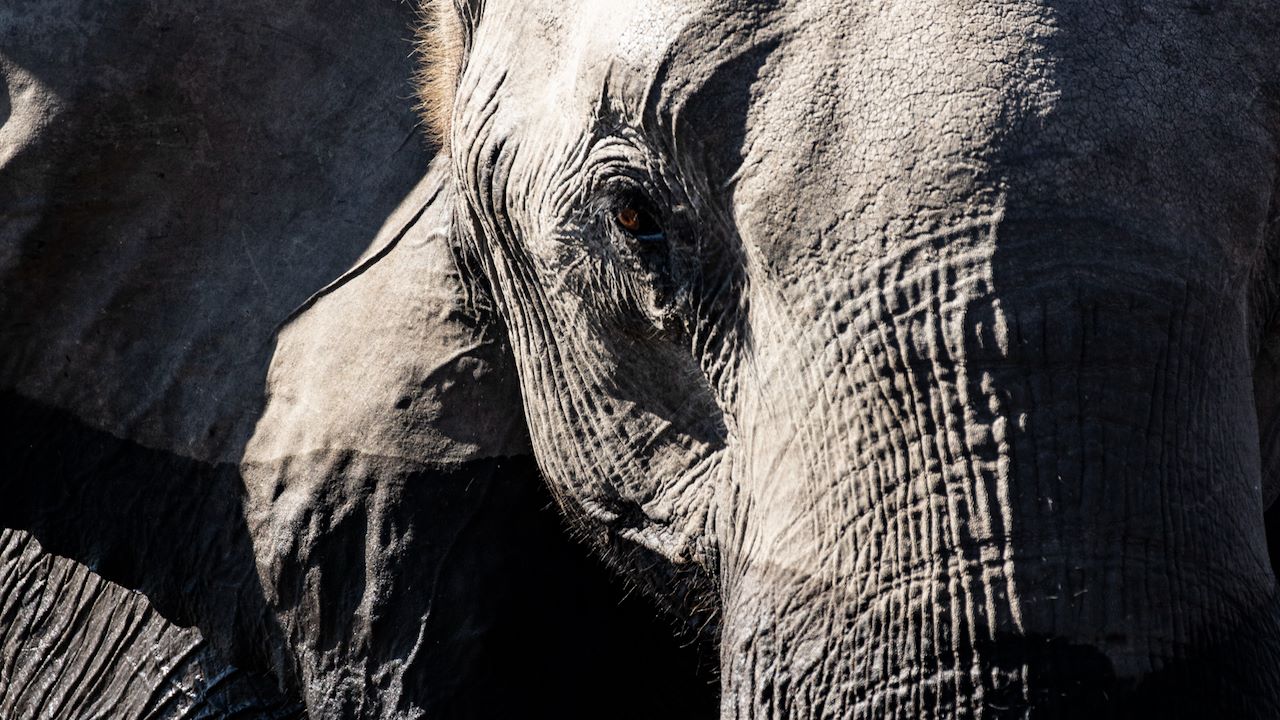



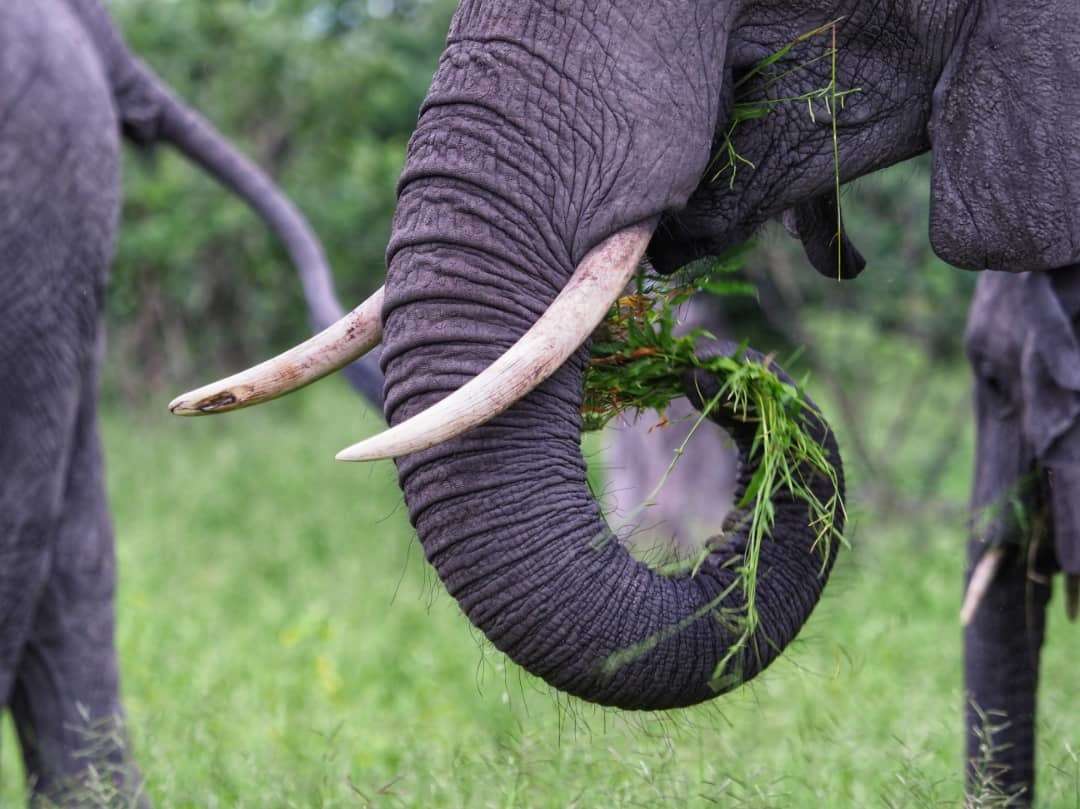
Living With Wildlife in the Linyanti
DumaTau is located close to the source of the Savute Channel, with access to the Linyanti Swamps, floodplains and mopane woodlands, thus offering an excellent combination of habitats. It is well known for its elephant concentrations as they congregate along the waterways and lagoons during the dry winter months.
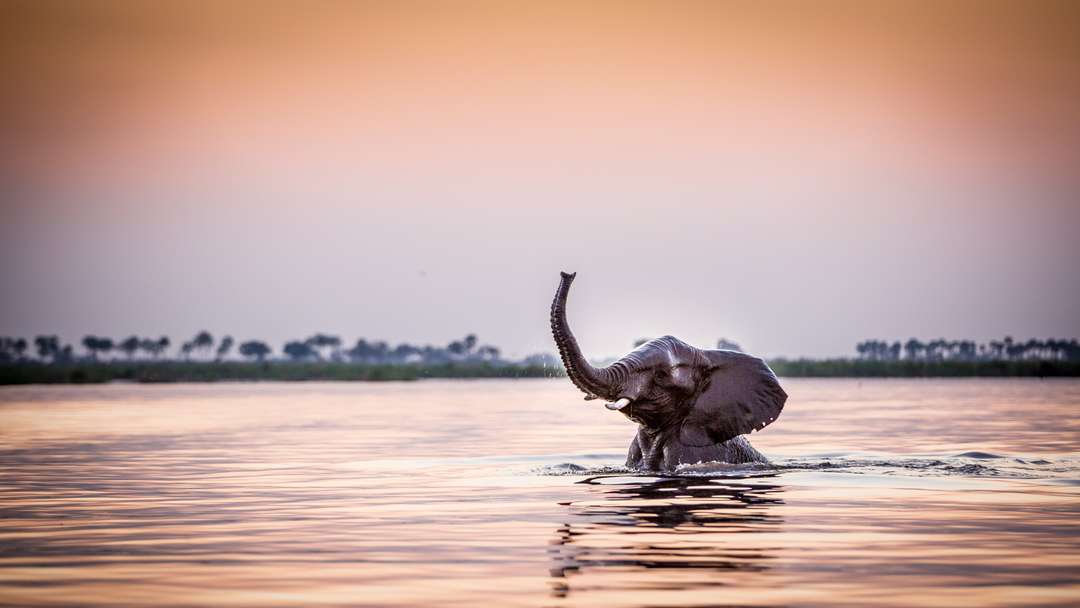
DumaTau General Manager reports from their recent Olympus training: "We were having sundowners when this herd of elephants came to drink. All shapes and sizes they were, but in particular a really little one. He could not have been more than a few weeks old. Not knowing how to use his trunk yet, it was fun to watch him dunk his entire head into the water to enjoy a well-deserved drink”. View this touching moment here.
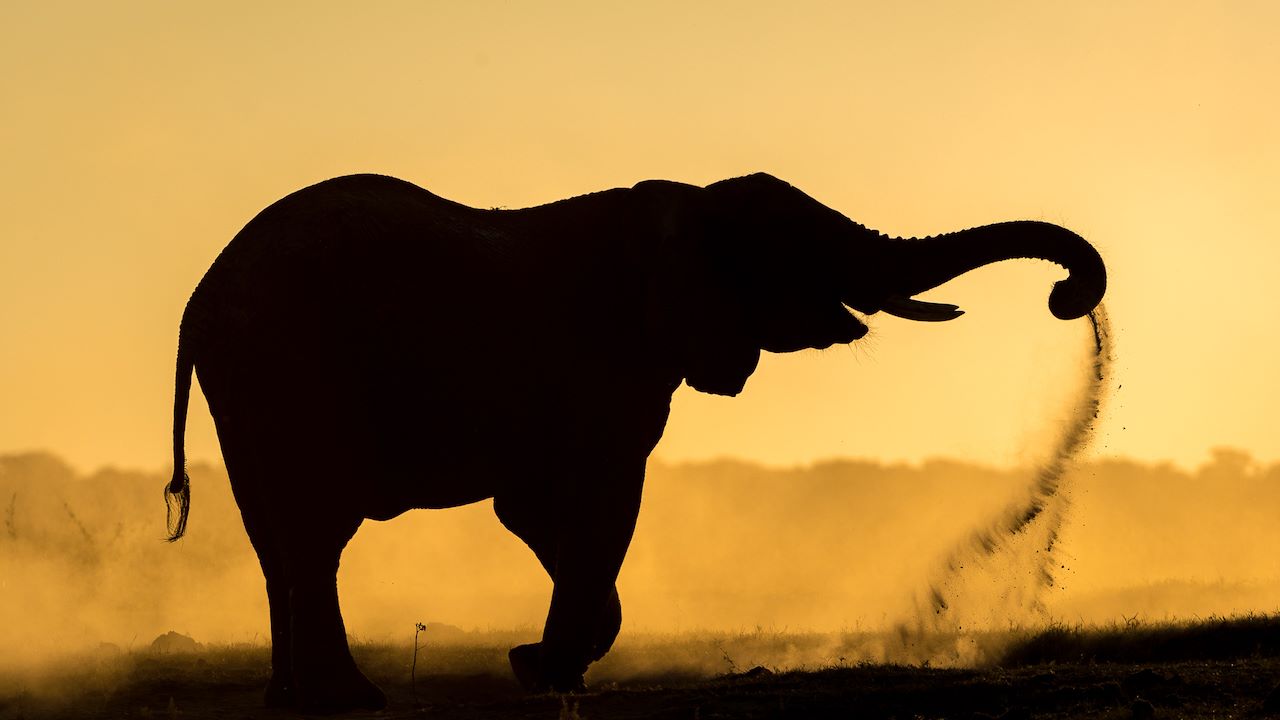
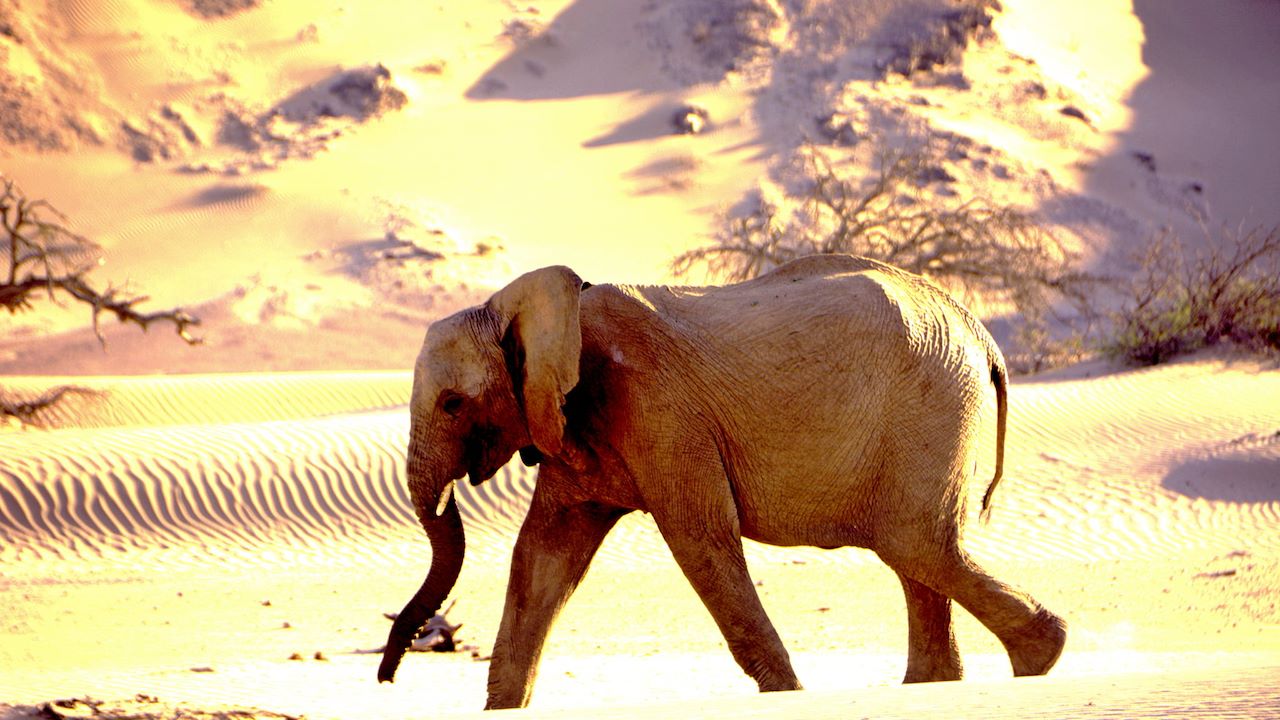
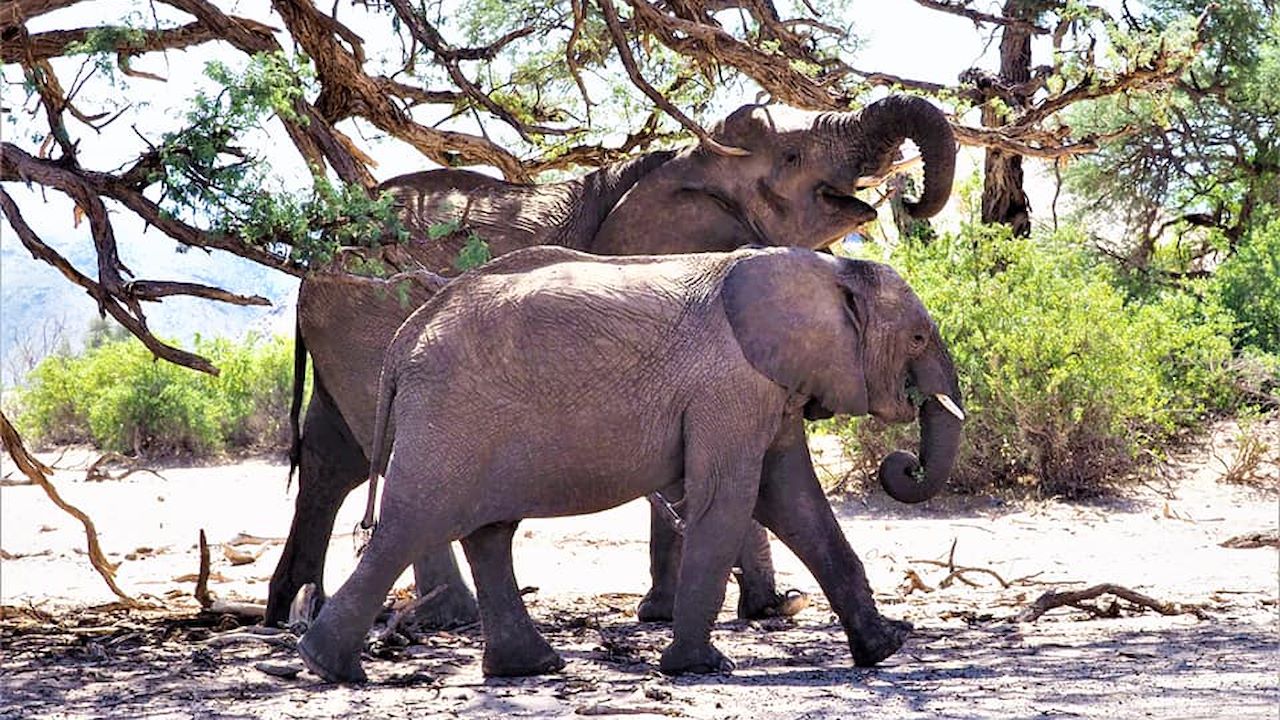



Discover Desert-Adapted Elephants at Damaraland Camp
Damaraland Camp in the Torra Conservancy exists within one of the driest, most desolate regions in all of Africa. In this arid environment, the ceaseless processes of life revolve around harnessing the near non-existent water in the most economical way possible. Obviously, this scrub landscape cannot support vast, concentrated herds of wildlife, but it nevertheless boasts a varied and breathtaking assortment of species, including magnificent desert-adapted elephant. Have a look at our safari album featuring these enigmatic mammals here.
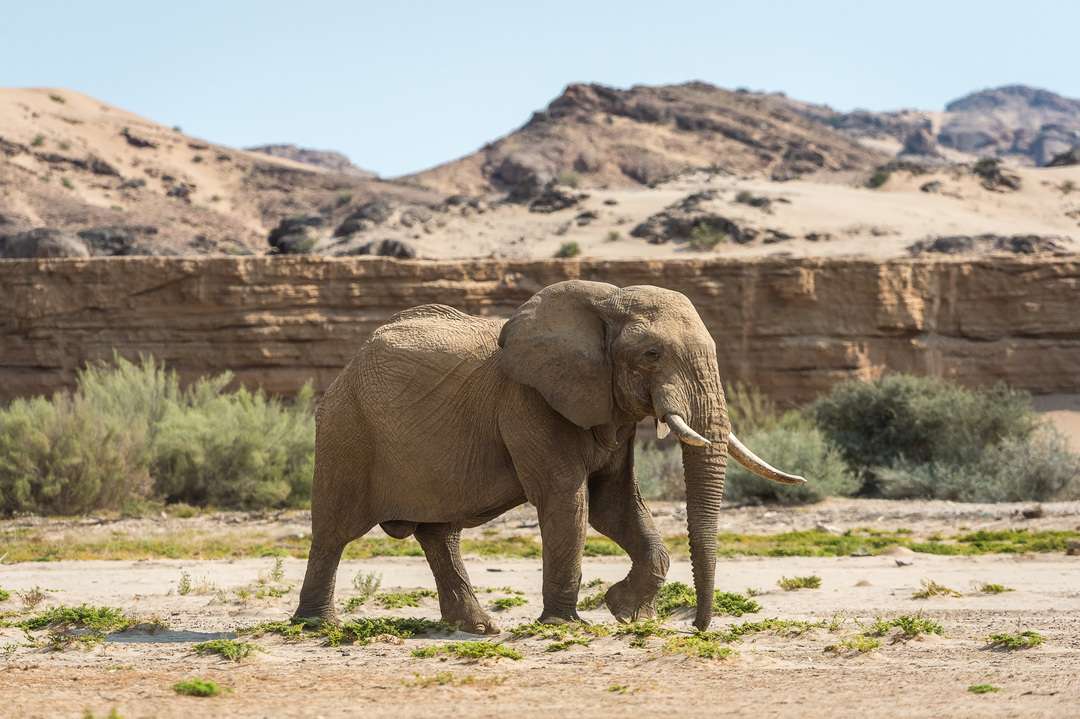
Botswana Wildlife Research – Increasing Capacity
A familiar challenge to all field-based wildlife researchers is that linked to securing study sites as well as logistical support in the form of accommodation, food, communications, access to fuel, and mechanical and logistical services. Wilderness Safaris has sought to open its approximately 500 000 hectares of concession areas to researchers in order to address the first of these challenges, and has often found solutions to the second set as well. Accommodation and transport within the areas has remained a challenge however.
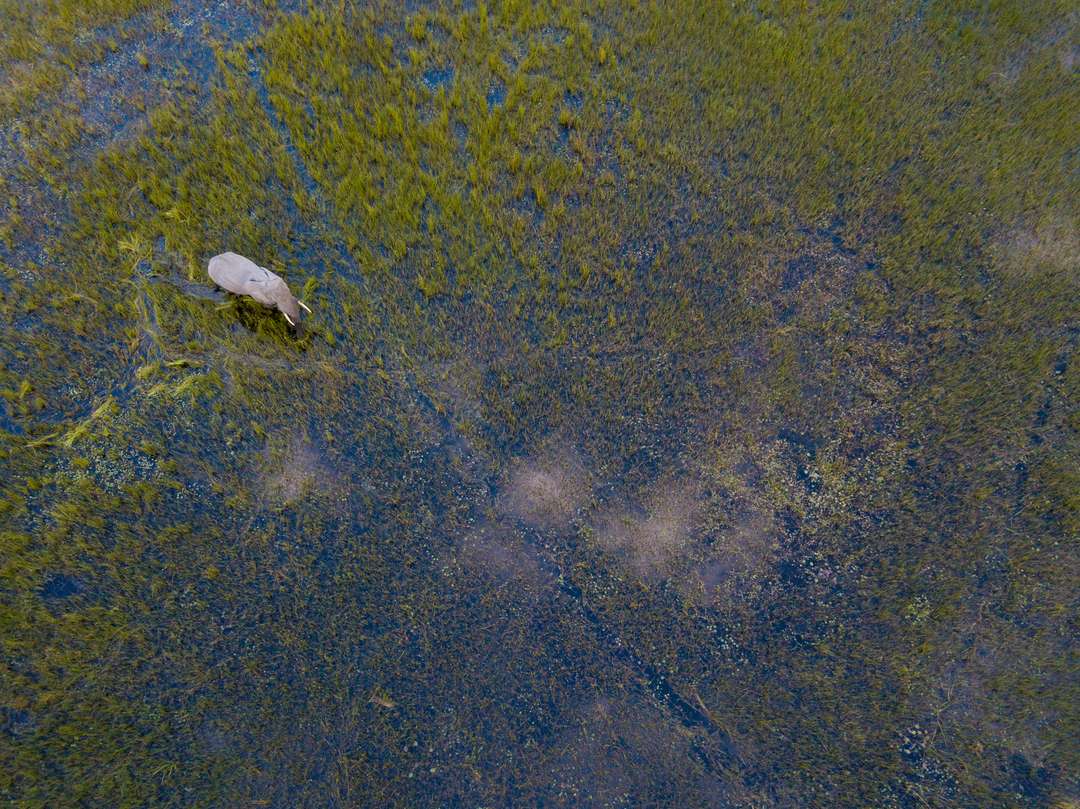
The aims of this project therefore are to accommodate and facilitate wildlife researchers within private concession areas in northern Botswana, and thus to increase research capacity in hosting and funding researchers and research that addresses questions of national and international importance in the field of ecology and endangered species protection. Learn more here.

Let’s plan your next journey
Ready?
When we say we’re there every step of the way, we mean it, literally. From planning the perfect circuit, to private inter-camp transfers on Wilderness Air, and easing you through Customs. We’re with you on the ground, at your side, 24-7, from start to finish. Ready to take the road less travelled? Contact our Travel Designers to plan an unforgettable journey.